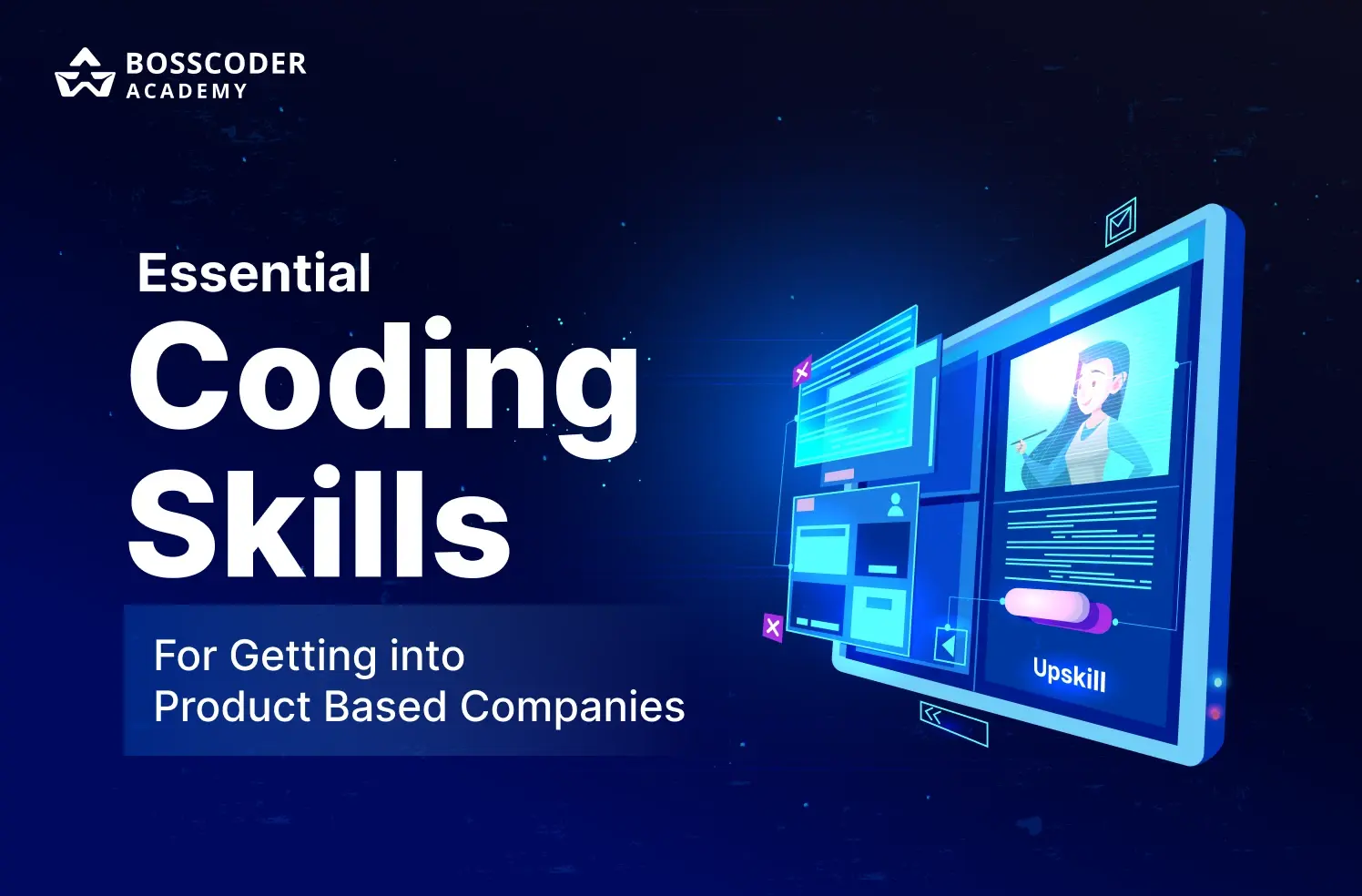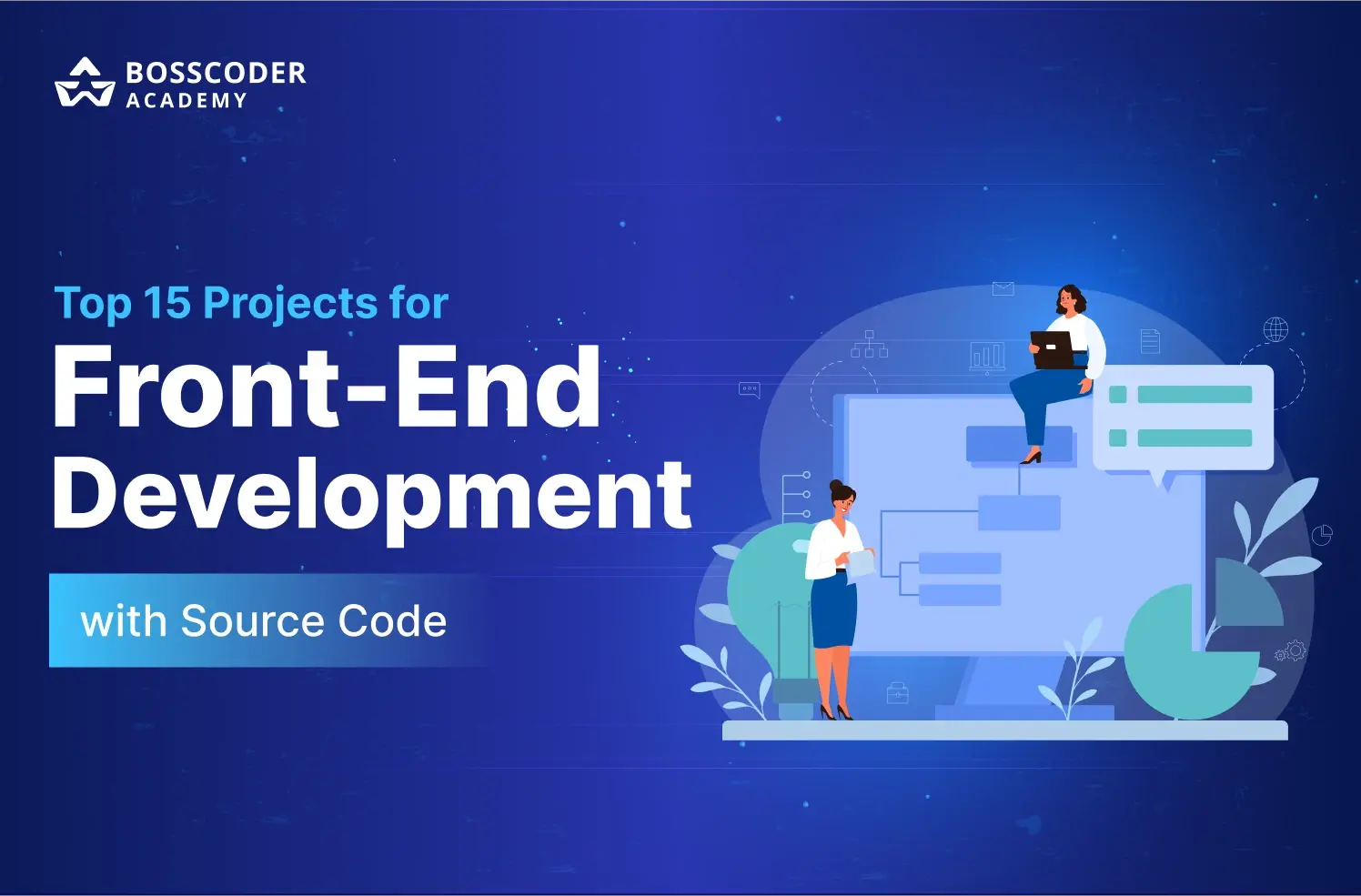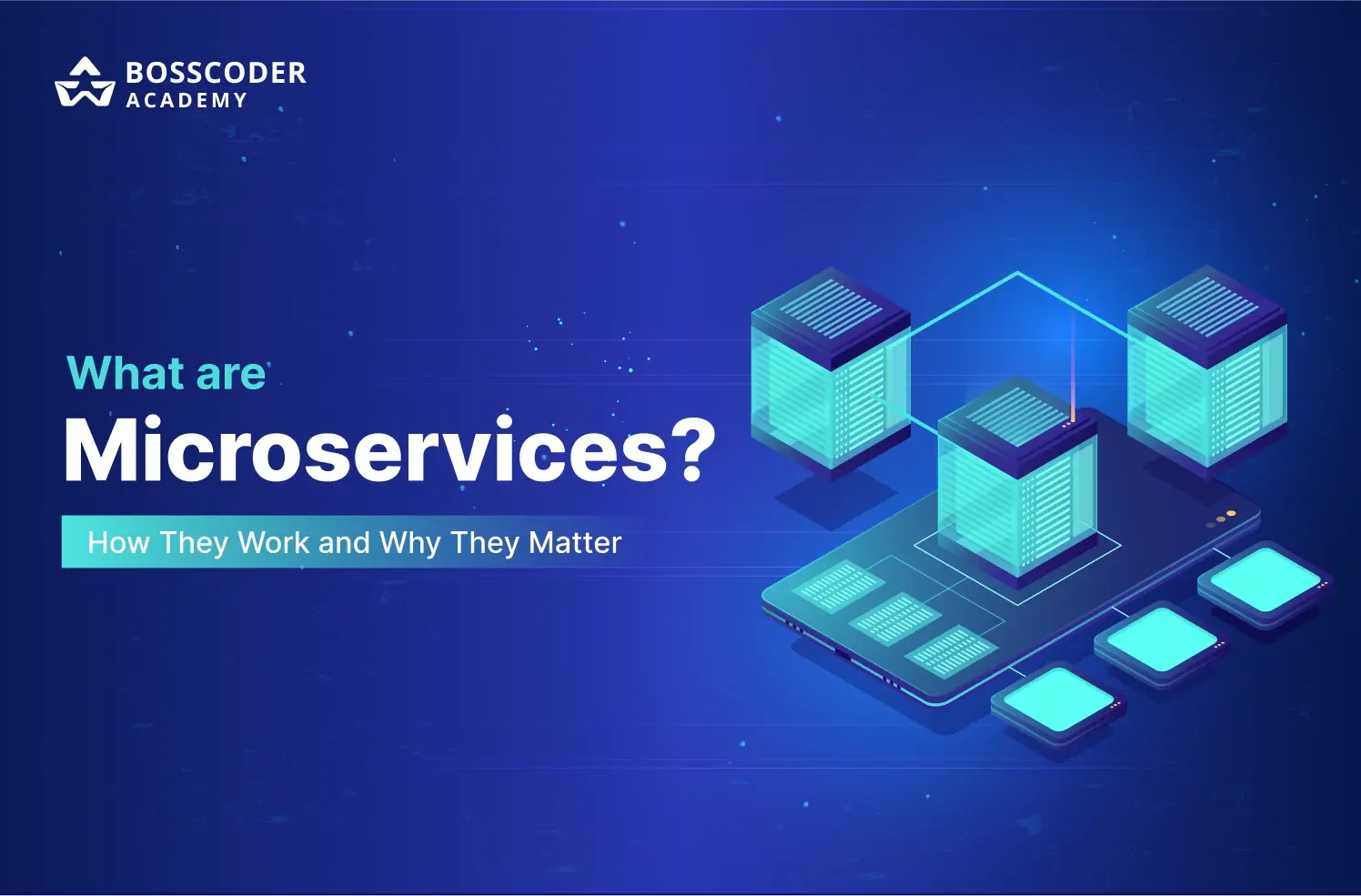Breaking into top product-based companies like Google, Amazon, Microsoft, or Adobe is a dream for many developers—but it’s also highly competitive. According to industry data, only about 1–2% of applicants land interviews, and even fewer receive offers. So, what sets the successful candidates apart?
It’s not just about knowing how to code. It’s about mastering the right set of skills—including problem-solving, data structures, system design, and communication—that align with what product companies look for.
Whether you're a student, beginner, or working professional aiming to get into a product-based company, this blog is your complete guide to building the skills you need to land the job.
Understanding Product-Based Companies and Coding Skills
What are Product-Based Companies?
Product-based companies develop and sell their own software products or platforms. Think of apps, cloud services, and large-scale tools like Google Search, Amazon AWS, or Microsoft Office. Unlike service-based firms that cater to client projects, product companies need engineers who can build robust, scalable, and reliable solutions.
To crack these jobs, you must build solid coding skills and be interview-ready. Here’s how. So, to get hired, you need the right coding skills for product-based companies. But what are these skills, and how can you learn them? Let’s dive into the must-have coding skills for tech jobs and explore how to prepare for a product-based company coding interview.
Essential Coding Skills for Product-Based Companies

1. Learn the Best Coding Languages
Every software engineer needs to know at least one programming language very well. Product-based companies often look for the most in-demand programming languages because they build their products with them. Here are some of the best options:
- Python: Python is easy to learn, adaptable, and used for AI, Machine Learning, Data Analysis, and sometimes for web development too.
- Java: A go-to for building big, stable systems like Android apps or enterprise-level (backend) software.
- C++: Perfect for high-performance tasks like gaming, embedded systems or system programming.
- JavaScript: A must for web development, especially for interactive websites or apps.
- SQL: This is the key for working with databases to store and fetch data.

Start with one language that interests you, practice it daily, and then explore others. Many companies list their preferred languages in job postings, so check those out to guide your learning.
2. Master Data Structures and Algorithms (DSA)
If you’re preparing for a product-based company coding interview, data structures and algorithms (DSA) are most important. Following a clear DSA roadmap can guide you through these important concepts, which act as the building blocks and tools of coding, helping you write efficient programs. To give you a brief idea, here’s what you have to focus on:
- Data Structures: Arrays lists, linked lists, stacks, queues, trees, and graphs.
- Algorithms: Sorting like bubble sort or quicksort, searching like binary search, and problem-solving techniques.
Why are they important? Companies test these skills to see if you can solve problems quickly and smartly. Practice on websites like LeetCode or CodeChef, and aim to understand the “why” behind each solution, not just the “how.”
3. System Design Skills for Product Engineers
Big tech companies just don’t want your code, they want systems that work for millions of users. System design is an important skill that helps product engineers plan how servers, databases, and apps work together. Think of it as designing a blueprint for a house. System designs key ideas include:
- Scalability: Can your system handle more users over time? It involves designing applications that perform well under increased traffic without compromising user experience.
- Reliability: Will it keep working even if something fails? Building reliable systems means having failover mechanisms and backups to minimize downtime.
- Speed: How fast can it respond to users? Efficient algorithms, optimized code, and low-latency networks ensure quick response times and smooth user interactions.
Start small by learning how real apps like WhatsApp, Netflix, or Ola are built. Watch YouTube tutorials or read beginner-friendly books or blogs on the system design roadmap to get started.
4. Problem-Solving Skills for Tech Companies
Coding isn’t just about writing lines, it’s about solving questions. Problem-solving skills for tech companies mean understanding a challenge or problem, finding a solution, and solving it by coding it easily. In interviews, you might get questions like “How would you find the shortest path in a maze?” or “How do you optimize a slow app?”
To get better at problem-solving, practice coding challenges daily. Think step-by-step: What’s the problem? What’s the goal? What’s the simplest way to solve it? Over time, you’ll get faster and more confident.
5. Technical Skills for Software Engineers in Product Companies
Beyond the basics, there are other technical skills that make you stand out:
- Databases: Know how to use SQL for structured data and NoSQL (like MongoDB) for more flexible use cases. Think beyond just storing data—understand how to query it efficiently.
- Testing: Write tests that catch bugs before your users do. Use unit tests for isolated logic and integration tests to ensure everything works together.
- Version Control: Be fluent with Git, not just the basics, but branching strategies, pull requests, and handling merge conflicts in a team environment.
- DevOps & CI/CD: Understand Continuous Integration and Continuous Deployment. Automating build, test, and deploy pipelines makes you faster and more reliable.
You don’t need to learn everything, but you should understand the basics of each thing, and whatever you do choose to learn, learn it properly and deeply.
6. Soft Skills
Technical skills alone aren’t enough. Companies want people who can work in teams and adapt. So, for that, you can mainly focus on:
- Communication: Explain your ideas clearly to teammates or interviewers. Strong communication helps in discussing solutions, understanding project requirements, and avoiding misunderstandings.
- Teamwork: Be open to feedback and collaboration. Working well with others ensures smooth project development and helps with problem-solving.
- Learning: Stay curious and keep gaining new skills. The tech industry grows quickly, so continuous learning helps you stay relevant and grow in your career.
Practice these by working on group projects or even chatting with friends about coding, it’s all about connecting with people.
7. Coding Interview Tips for Product Companies
Acing a product-based company coding interview takes preparation. Here are some simple tips:
- Learn the Basics: Review DSA and your favorite language before the big day.
- Practice Coding: Solve at least 50-100 problems on platforms like HackerRank or Leetcode.
- Explain your Thinking: During interviews, talk through your solution, why you chose it and how it works.
- Ask Clarifying Questions: Ensure you understand the problem fully before starting to code.
- Stay Calm: If you’re stuck, take a deep breath and ask for a hint; interviewers want to see how you think, not just the answer.
Mock interviews with friends or online tools can also help you feel ready.
How to Build These Skills?
Now that you know the essential coding skills to get into product-based companies, but now might be thinking that how can I learn them?
How You Can Learn Coding for Product-Based Companies?
- Online Courses: Try free or paid courses on platforms like Coursera, Udemy, or YouTube. They offer structured learning paths, making it easier to grasp concepts step by step.
- Practice Platforms: Use LeetCode, HackerRank, or Codeforces for hands-on coding practice. Regular problem-solving on these platforms will sharpen your coding and algorithmic skills.
- Projects: Build small apps like a to-do list or calculator to apply what you learn. Working on personal projects enhances your practical knowledge and strengthens your portfolio.
- Community: Join coding groups or forums to ask questions and share ideas. Engaging with a coding community can provide valuable insights, networking opportunities, and motivation.
Start small, be consistent, and don’t be afraid to make mistakes; that’s how you grow.
Ready to Land Your Dream Job at a Product-Based Company?
Start your journey with Bosscoder Academy. Our expert-led courses cover everything from coding languages and DSA to system design and interview preparation. Get hands-on practice, personalized mentorship, and the confidence to ace your coding interviews.
👉 Join Bosscoder Academy today and take the first step toward your dream career.
Conclusion
To get into a product-based company, you need the right skills. Learn coding languages like Python or Java, practice data structures and algorithms, and understand system design and problem-solving. Build practical technical skills and work on your soft skills, too. With regular practice and patience, you'll be ready to do well in coding interviews. Keep learning, stay positive, and your dream job could be closer than you think.
FAQs
Q1. How Many Coding Problems Should I Solve?
Answer: Aim to solve between 50 to 100 coding problems before applying to product-based companies. Use platforms like LeetCode, HackerRank, and GeeksforGeeks to practice. Concentrate on understanding the problem-solving approach, not just on finding solutions.
Q2. What Technical Skills Do Product Companies Look For?
Answer: Product companies look for engineers who are proficient in data structures, algorithms, system design, and practical coding skills. They value your ability to write efficient, scalable code and understand complex system architectures. Technical skills should be completed by strong problem-solving abilities and deep understanding of software development guides.
Q3. How Can I Prepare for Coding Interviews?
Answer: Practice coding challenges often and develop a habit of explaining your problem-solving approach. Learn to speak your thoughts clearly during technical interviews and ask questions for explanations. Work on mock interviews to build confidence and understand interview dynamics.
Q4. Do I Need to Know System Design?
Answer: System design is important for understanding how to create scalable and efficient software systems. Learn how different software elements interact and how to optimize performance under high user loads. Practice designing architectures for real-world applications like social media platforms or e-commerce websites.
Q5. How Important Is DSA?
Answer: DSA is fundamental to writing efficient and optimized code. They help you solve complex problems quickly and are often the focus of technical interviews. Learn key data structures like arrays, linked lists, trees, and learn various sorting and searching algorithms.









